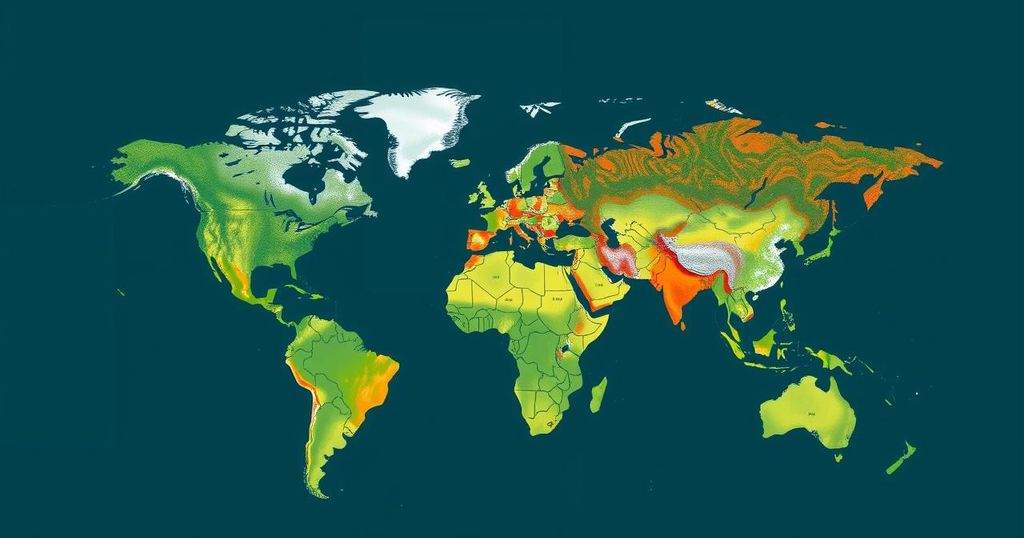An international study led by the University of Nottingham highlights that most people, including those in climate-affected areas, do not understand “climate justice,” despite recognizing related social and economic injustices. The study, involving 5,627 adults across 11 countries, reveals a strong endorsement for beliefs aligned with climate justice, emphasizing the need for broader education and advocacy in climate policies.
A comprehensive international study has revealed that a significant portion of the global population, including those residing in climate-vulnerable regions, lacks an understanding of the concept of “climate justice.” Conducted by researchers from the University of Nottingham’s School of Psychology, this groundbreaking study surveyed 5,627 adults across 11 countries—Australia, Brazil, Germany, India, Japan, the Netherlands, Nigeria, the Philippines, the United Arab Emirates, the United Kingdom, and the United States. The study’s findings, recently published in the journal “Nature Climate Change,” indicate that while there is widespread recognition of the social, historical, and economic injustices linked to the climate crisis, many individuals do not associate these issues with the term “climate justice.” The research demonstrates that two-thirds of participants had never heard of climate justice; however, a notable majority expressed agreement with related beliefs. Specifically, 78% acknowledged that poorer populations suffer disproportionately from climate change impacts, while similar percentages supported the idea that communities most affected should hold a more substantial role in decision-making related to climate policies. Furthermore, around 70% identified capitalism and colonialism as contributing factors to the climate crisis. Climate justice is understood as a framework highlighting the disparities in climate change experiences and policymaking, particularly emphasizing the need for marginalized groups to be represented in societal responses. Dr. Charles Ogunbode, the lead researcher, underscored the importance of integrating climate justice into climate action measures, asserting, “Taking account of climate justice as we respond to a changing climate is key to orientating our societies towards solutions that are fair and equitable.” The study’s findings reinforce the necessity for climate advocates to leverage this evidence to motivate policymakers toward equitable climate responses.
The increasing urgency of climate change necessitates a deeper understanding of the interconnections between climate impacts and social justice. Climate justice addresses the disparities in how climate change affects various populations, highlighting the fact that those who contribute least to the problem—often the poorest and most marginalized—are frequently the most severely impacted. This study seeks to fill a gap in the existing literature by examining public understanding of climate justice on a global scale, particularly in regions that are often overlooked in discussions dominated by affluent countries. The research aims to inform outreach and educational strategies to enhance public engagement in climate action and advocacy efforts.
The study serves as a critical reminder of the disconnect between public awareness of social injustices related to climate change and an understanding of climate justice as a formal concept. The high levels of support for climate justice principles among individuals, especially in frontline communities, suggest that there is a significant opportunity for climate advocates to mobilize this sentiment towards calling for just policies. Policymakers and leaders are urged to consider these findings in their strategies to address climate change equitably and inclusively.
Original Source: phys.org






